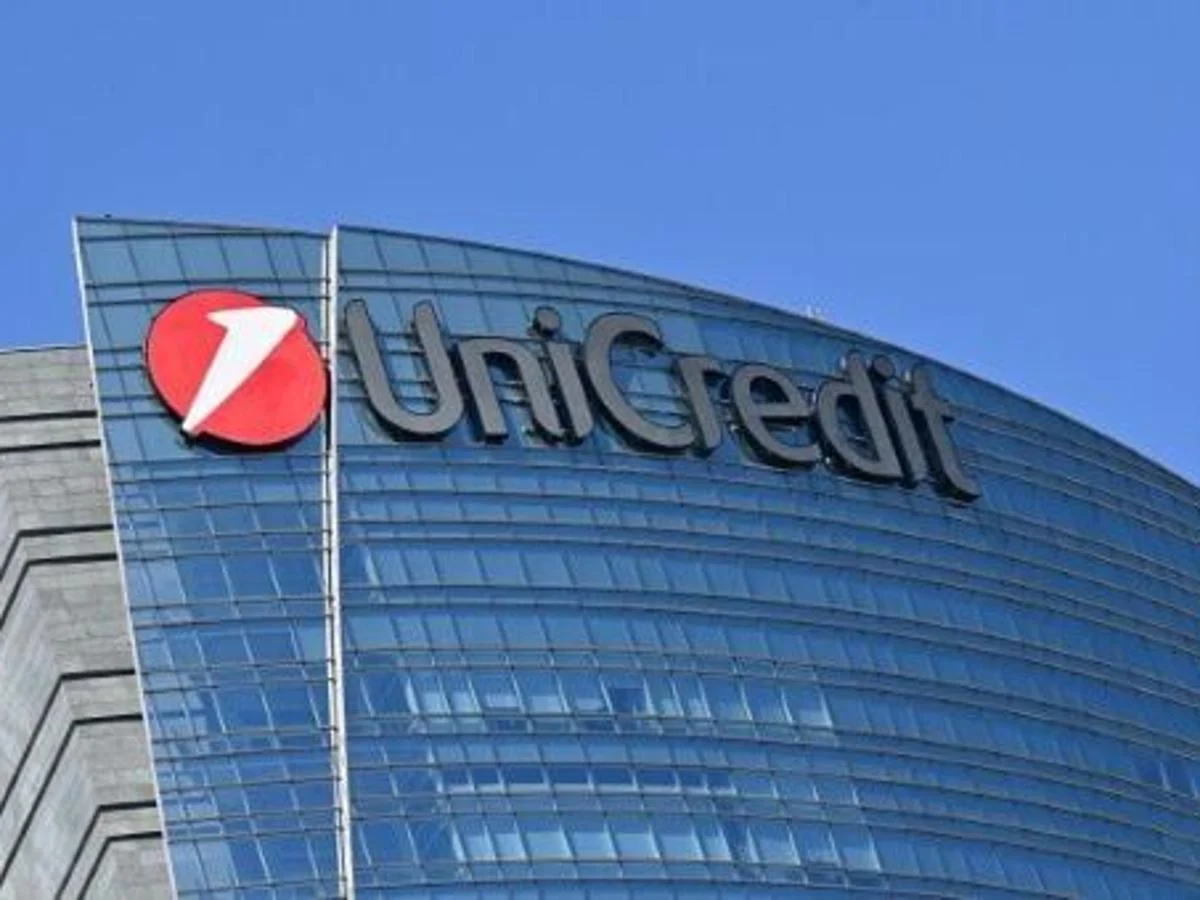Germany is having a rough day at the financial office. Picture this: you’ve got Commerzbank, one of Germany’s pillars in the banking world, and suddenly, UniCredit, an Italian player, sneaks in like a cat burglar, swiping nearly 30% of the bank. It’s like finding out your neighbor bought a chunk of your house while you were in the backyard mowing the lawn.
Now, German Chancellor Olaf Scholz isn’t exactly handing out high-fives. He’s calling it “unfriendly” and “hostile”—which, in merger talk, is the equivalent of flipping the board game when you’re losing. Why? Because it’s not just about the money; it’s about jobs. And UniCredit’s efficiency plans probably translate to job cuts, something German unions and politicians aren’t eager to welcome.
The German government, caught off guard, is now facing a potential national embarrassment. Having an Italian firm swoop in and reorganize one of its flagship banks? That stings, especially when you’ve been trying to champion a European banking union that’s supposed to encourage cross-border harmony.
But here’s the kicker: blocking the deal could also be a shot in the foot for Europe’s broader integration goals. After all, if Germany slams the door on UniCredit, it undermines the very principles of the European project they’ve been promoting. It’s like cheering for teamwork but then hogging the ball when it matters.
So, what’s at stake here? Not just Commerzbank or a few thousand jobs. It’s the very idea of Europe’s financial unity.





